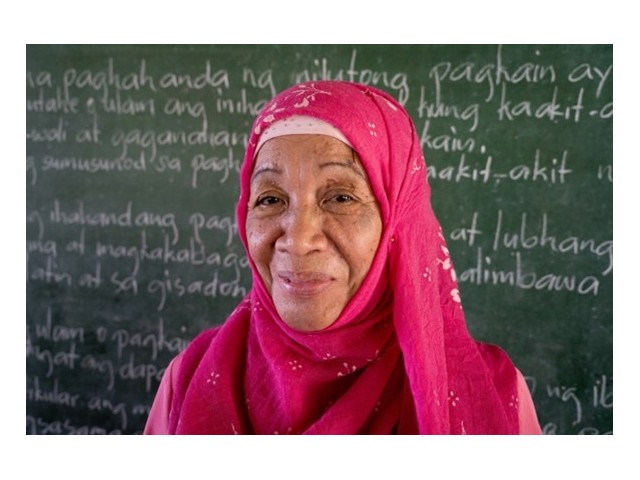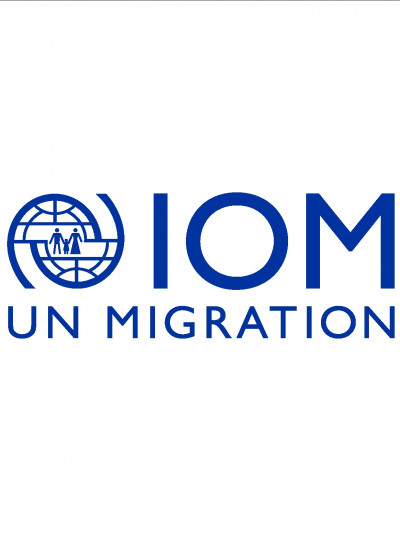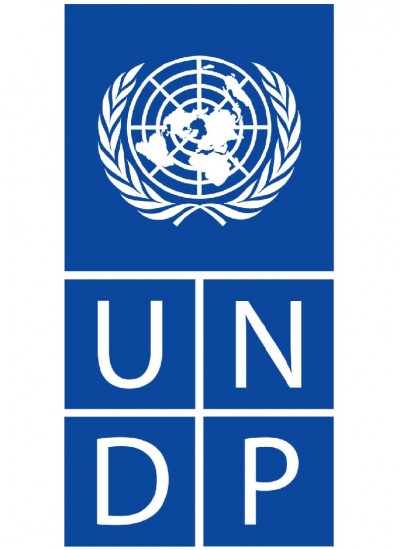The Philippines has one of the largest diasporas in the world, with an estimated 5.4 million emigrants in 2019. Given the many Overseas Foreign Workers (OFWs) and significant climate-related displacement risks, migration will play a key role in the Philippines’ sustainable development future. The migration and sustainable development context in the Philippines has also been sharply impacted by COVID-19. In 2020 alone, almost 800,000 OFWs returned to the Philippines, with an IOM study finding that 83% were still unemployed three months after arrival.
In this context, the Programme works to support the reintegration of returning OFWs with sustainable employment and livelihood options. The Programme assists migrants across the migration cycle, providing operational support on sustainable employment for returning migrants and technical support on sustainable reintegration.
The Programme also empowers the government and the UN Country Team (UNCT) to leverage good migration governance for the 2030 Agenda, through training and capacity development. The Programme provides technical assistance to the Bridging Recruitment to Reintegration in Migration Governance (BRIDGE) project, which supports the government’s priorities to promote ethical recruitment and sustainable reintegration. Through training to the UNCT on migration and the 2030 Agenda, the government and UNCT will be able to better integrate migration across their planning and programming throughout the Philippines.
Furthermore, the Programme hopes to enhance the Philippines’ leadership in regional and global fora on migration and sustainable development. The Programme will assist the government to showcase its work, for example in global fora such as the Global Forum on Migration and Development. Similarly, the government exchanges knowledge and experiences with the other 10 countries of the Global Programme, showcasing its good practices and learning from challenges and success in other contexts.
For more information, contact:
- Antonio Gabriel Antonio, IOM Philippines, aantonio@iom.int
- Titon Mitra, UNDP Philippines, titon.mitra@undp.org


